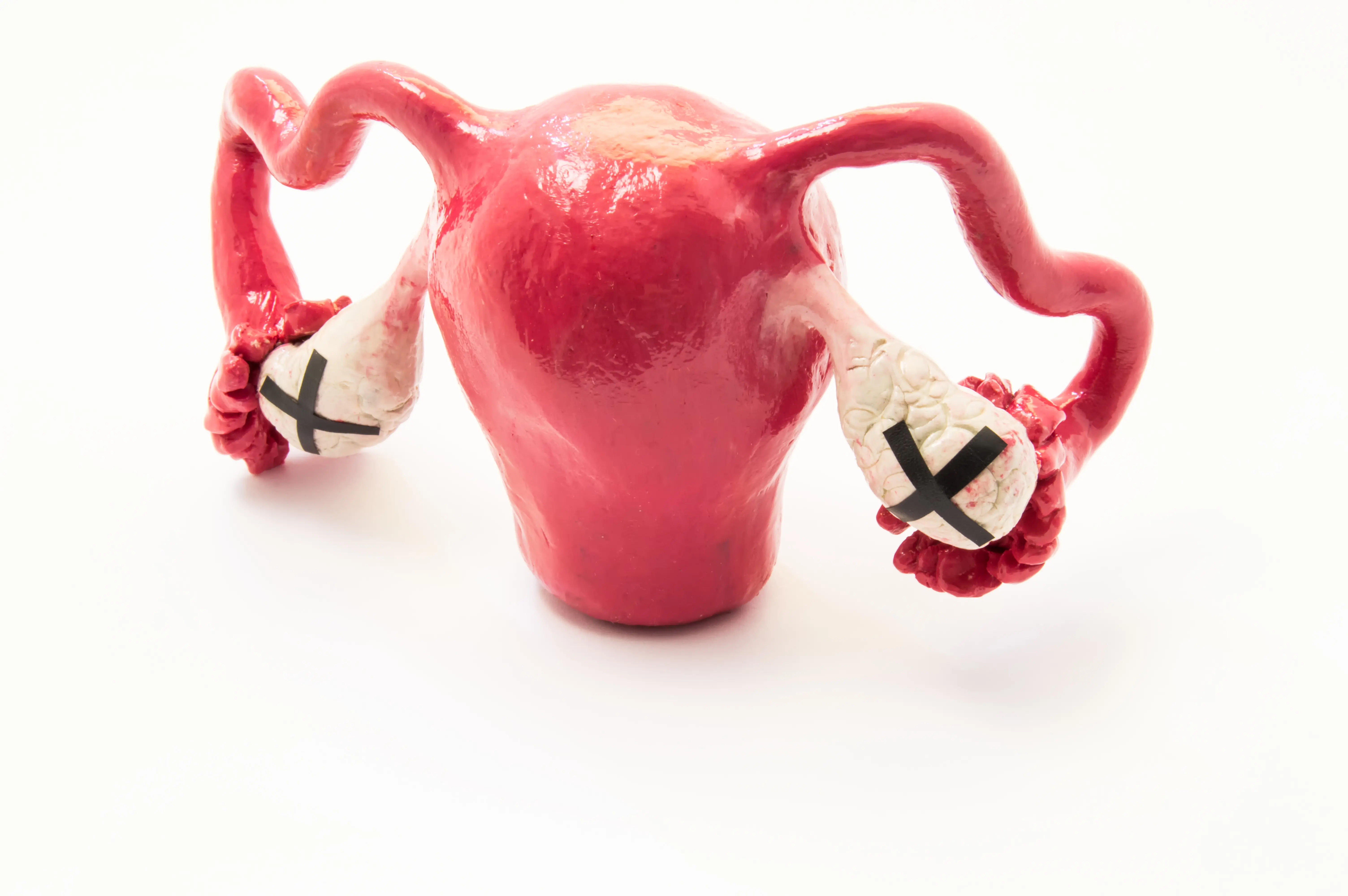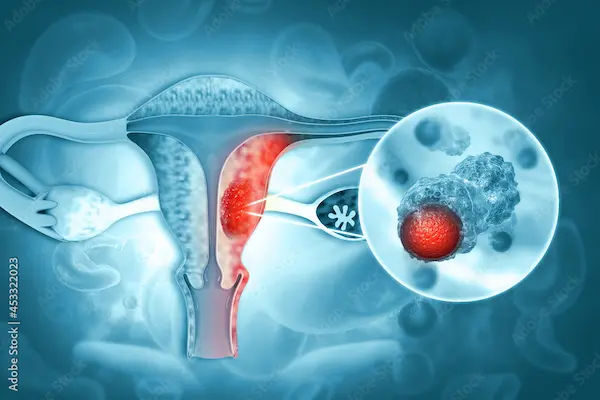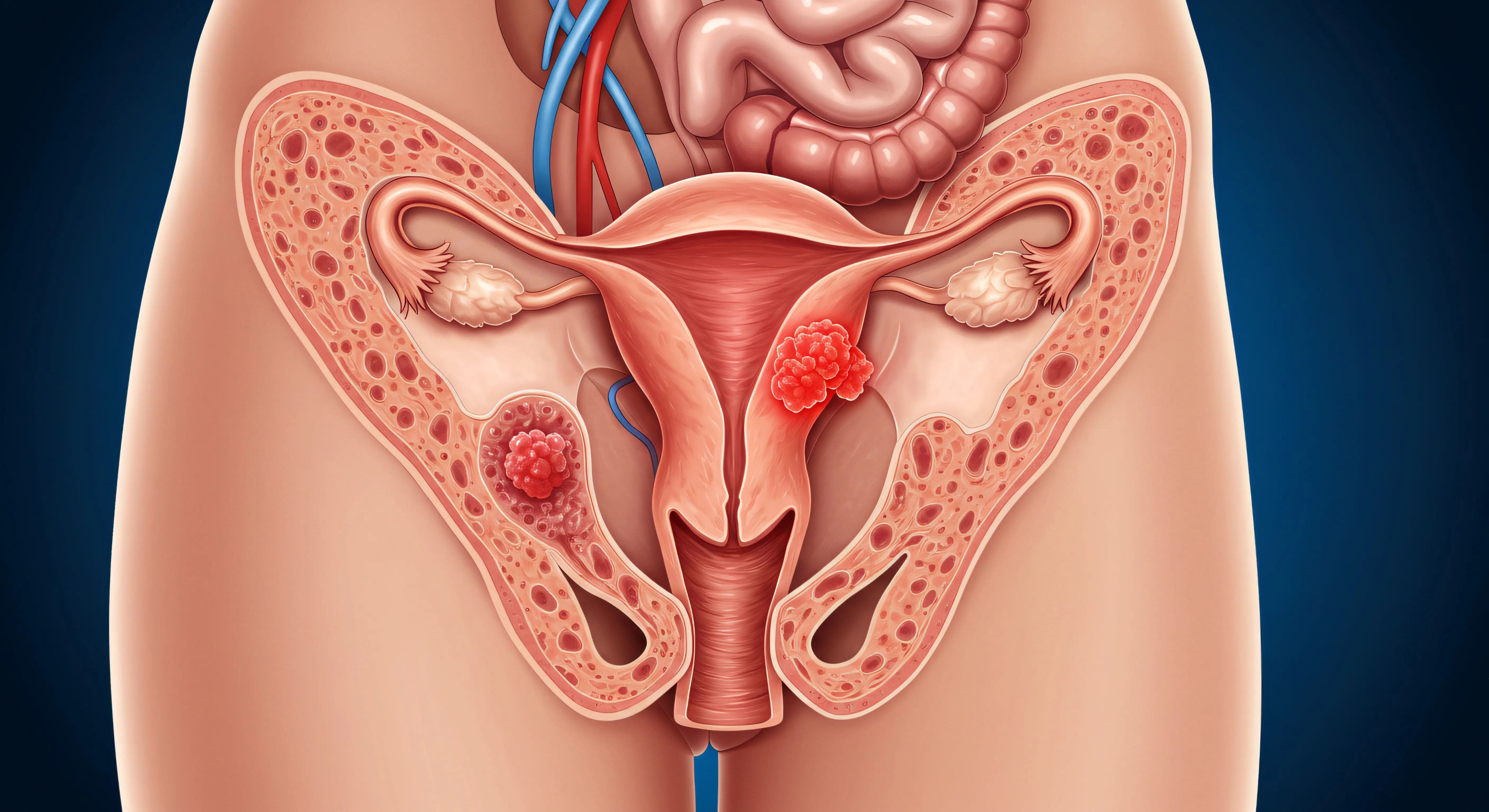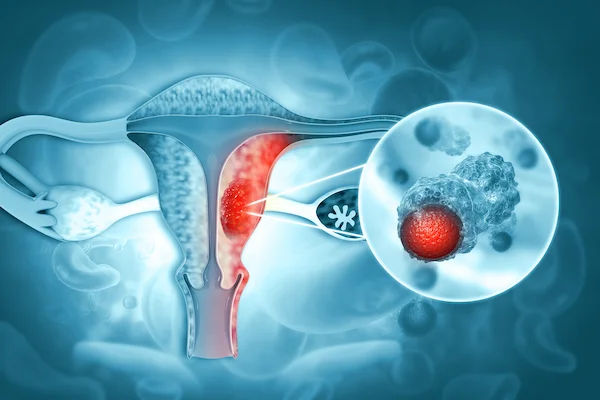Ovarian Cancer Pain: Fluctuation and Symptoms
Learn how ovarian cancer pain feels, why it fluctuates, and when to seek help. Understand symptoms like bloating, back pain, and fatigue. Early diagnosis is key.

Written by Dr. Siri Nallapu
Reviewed by Dr. D Bhanu Prakash MBBS, AFIH, Advanced certificate in critical care medicine, Fellowship in critical care medicine
Last updated on 13th Jan, 2026

Introduction
Ovarian cancer is a serious health condition that affects thousands of women every year. One of the most common symptoms is pain, which can vary in intensity and location. If you or a loved one is experiencing discomfort, it’s important to understand what ovarian cancer pain feels like, how it fluctuates, and when to seek medical help.
This article will guide you through the symptoms, causes, and ways to manage ovarian cancer pain in simple, easy-to-understand terms.
What Does Ovarian Cancer Pain Feel Like?
Ovarian cancer pain can differ from person to person, but some common sensations include:
Dull or Sharp Pain in the Lower Abdomen or Pelvis: Many women describe it as a persistent ache or occasional stabbing pain.
Bloating or Fullness: The abdomen may feel swollen or tender, even without eating much.
Back Pain: Some women experience discomfort in the lower back.
Pain During Intercourse: Discomfort or pain during or after sex can be a warning sign.
Digestive Issues: Pain may be accompanied by indigestion, constipation, or frequent urination.
Unlike menstrual cramps, ovarian cancer pain does not follow a regular cycle and may worsen over time.
Why Does Ovarian Cancer Pain Fluctuate?
The intensity of pain can change due to several reasons:
1. Tumour Growth: As the tumour grows, it may press against nearby organs, increasing discomfort.
2. Spread of Cancer (Metastasis): If cancer spreads to other areas like the bladder, intestines, or liver, pain may shift or intensify.
3. Fluid Buildup (Ascites): Ovarian cancer can cause fluid to accumulate in the abdomen, leading to bloating and pressure.
4. Hormonal Changes: Some women notice pain fluctuations based on their menstrual cycle, even after menopause.
Since ovarian cancer symptoms are often vague, many women mistake them for digestive or menstrual issues. If pain persists for more than a few weeks, it’s important to consult a doctor.
Other Symptoms of Ovarian Cancer
Besides pain, watch out for these signs:
Unexplained Weight Loss: Losing weight without trying can be a red flag.
Fatigue: Feeling extremely tired even after rest.
Changes in Appetite: Loss of appetite or feeling full quickly.
Irregular Periods: Unusual bleeding or spotting after menopause.
These symptoms don’t always mean cancer, but if they last for more than two weeks, it’s best to get checked.
Get Your Symptoms Checked By An Oncologist
When Should You See a Doctor?
Early detection improves treatment success, so don’t ignore persistent symptoms. Seek medical advice if you experience:
Persistent abdominal or pelvic pain
Bloating that doesn’t go away
Sudden changes in bathroom habits
Unexplained weight loss or fatigue
A doctor may recommend:
Pelvic Exam: To check for lumps or abnormalities.
Ultrasound or CT Scan: To visualise the ovaries.
Blood Test (CA-125): A marker that may indicate ovarian cancer.
If you’re concerned, you can book a consultation with a specialist through Apollo 24|7 for timely diagnosis and care.
Managing Ovarian Cancer Pain
While medical treatment is essential, some lifestyle changes can help manage discomfort:
1. Pain Relief Medications
Over-the-counter pain relievers (like acetaminophen) may help with mild pain.
Doctors may prescribe stronger medications if needed.
2. Diet and Hydration
Eat small, frequent meals to reduce bloating.
Avoid gas-producing foods (beans, carbonated drinks).
Stay hydrated to ease digestion.
3. Gentle Exercise
Light walking or yoga can improve circulation and reduce stiffness.
Avoid strenuous activities that worsen pain.
4. Heat Therapy
A warm compress on the abdomen may relieve cramping.
5. Emotional Support
Talking to a counsellor or joining a support group can help cope with stress.
Conclusion
Ovarian cancer pain can be unpredictable, but recognising the symptoms early can make a big difference in treatment outcomes. If you notice persistent discomfort, bloating, or other unusual changes, don’t hesitate to consult a doctor.
Get Your Symptoms Checked By An Oncologist
Get Your Symptoms Checked By An Oncologist

Dr.sanchayan Mandal
Medical Oncologist
17 Years • MBBS, DrNB( MEDICAL ONCOLOGY), DNB (RADIOTHERAPY),ECMO. PDCR. ASCO
Kolkata
Dr. Sanchayan Mandal Oncology Clinic, Kolkata

Dr Gowshikk Rajkumar
Oncologist
10 Years • MBBS, DMRT, DNB in Radiation oncology
Bengaluru
Apollo Clinic, JP nagar, Bengaluru

Dr. Sanchayan Mandal
Medical Oncologist
17 Years • MBBS, DrNB( MEDICAL ONCOLOGY), DNB (RADIOTHERAPY),ECMO. PDCR. ASCO
Kolkata
MCR SUPER SPECIALITY POLY CLINIC & PATHOLOGY, Kolkata
Dr. B Shravanthi Reddy
Radiation Specialist Oncologist
8 Years • MBBS, DNB(Radiation Oncology)
Manikonda Jagir
Apollo Clinic, Manikonda, Manikonda Jagir

Dr. Amit Kumar Jain
Medical Oncologist
7 Years • MBBS, MD, Dr. NB (Medical Oncology)
Bengaluru
Apollo Clinic, Indiranagar, Bengaluru




